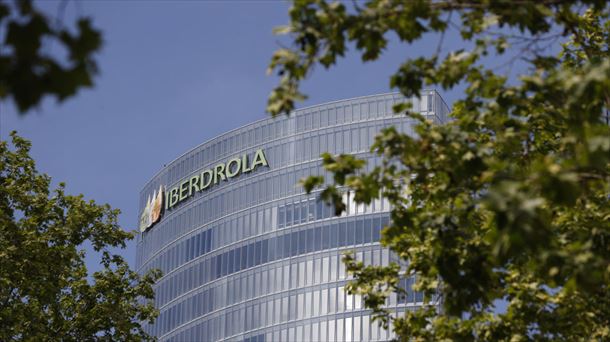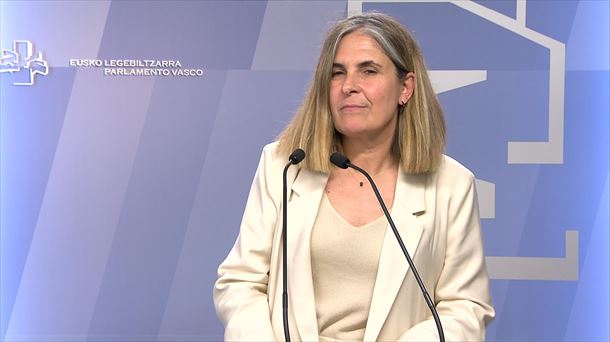Brigittenau district leader Hannes Derfler (SPÖ) on acts of violence, moral guardians and integration. The triggers were two acts of violence in his Viennese district: the rape by a Tunisian and the machete murder of the Algerian clan. He says there are no hotspot schools in Derfler’s district. The morale guards hadn’t spoken to him either.
„Crown”:Mr. Derfler, according to an APA interview, you are trying to calm down after the recent attacks. What’s so comforting about a machete murder and rape in your country?
Hannes Derfler: I’m trying to inform. I don’t see anything reassuring in it. It doesn’t matter what you’re aiming for.
You have read the APA, it says: Neighborhood representation calls for calm. Is that wrong?
No, I told you to leave the church in the village. These are criminals fighting each other. That’s what it’s about. I don’t see much reassurance there because it’s a horrible story that happened. It just has to be the case that the population itself does not feel threatened.
And you think the population doesn’t feel threatened?
No I didn’t say that. I said not to worry because people have these conflicts with each other.
Do you realize that things might not end well for a bystander involved in such a conflict?
Of course I’m used to that. I also live in this city.
Then how can you say such things?
Which things?
One should leave the church in the village, so that the crimes would be among themselves.
Yes, you can escalate or de-escalate everything, you should be aware of that. And it’s my job to calm people down. To say that of course we demand more police, that people should not interfere in such situations, of course not. But it is not the case that everyone who lives in Brigittenau is in imminent danger.
You said it was the wrong approach to criminalize entire populations. That is most certainly true. Nevertheless, I would like to know from you: are there actual integration problems in this city, and if so, where do you place them?
I assume there are problems like this. We experience it time and time again.
For example, what are they from your point of view?
That people really don’t feel integrated in this city. That they are not allowed to participate in society because they have no choice, because they are not involved in shaping their neighbourhood. These are things that I would say actually need some catching up to do.
Now there will also be people in your neighborhood who will say that as a Viennese I no longer feel at home in my Vienna because so much has changed. What do you say to these people?
I can do a lot with it because of “If it were my Vienna”. It’s not my Vienna either. I get to live here and am a very happy neighborhood and city dweller, so it’s still not “my Vienna”.
Does this mean that a resident of Vienna cannot say “This is my Vienna”?
I hope everyone who lives here says “This is my Vienna”. One does not exclude the other.
In other words, what do you say to native Viennese people who are currently saying about this immigration: “That’s too much immigration for me”?
That I can’t influence that. I cannot judge who immigrates and who does not. There is no place in the district, at the district level, where you have to register and say I live here now. You should know that.
But do you understand these concerns or not?
I’m trying to understand everyone’s concerns, but I really don’t understand what you’re referring to with your interview.
I’m just asking you questions. I don’t know why you are personally offended by questions about immigration. That’s certainly a problem with Brigittenau, isn’t it?
Yes, but immigration is not a district issue.
But you are the district manager. People come to you and tell you about their concerns.
Yes, and 87,000 people live in my district.
And I would be interested in what you say to these people. Or do such people not come to you?
I don’t really have such discussions here in my office.
You live in Brigittenau yourself. How long have you lived there and do you enjoy living there?
Since the 1970s.
How do you think Brigittenau has changed since the 1970s?
It has become more modern, it has become a residential area. It has become less of an industrial area. It has become more central as the metro has brought it closer to the first district. In this way she has changed enormously.
I also once lived in Brigittenau. On Engerthstraße. When I left there a decade ago, these moral guardians, who also warned women to dress better, became relevant in the Millennium City region. Do you agree?
Naturally. I also read the newspaper.
You are also the district manager there.
No one ever approached me in the Millennium City, if that’s what you mean.
If women are approached who wear skirts that are too short, you are not necessarily the target group, are you?
(laughs) That’s right. But neither my daughter nor my wife were spoken to. So I haven’t been able to experience it myself. I don’t necessarily have to either. But yes, I noticed that, it happened.
What could politicians, whether federal, city, or district, do about such tendencies?
I think the options there are very limited. If someone has such an idea and then communicates it publicly, you can react afterwards and condemn it, but it is very difficult to prevent something like that in advance.
Does this mean that you, as a politician and as a population, are at the mercy of these tendencies? You can’t do anything, do I understand you correctly?
It’s like the murder. You are always a lot smarter afterwards than before. I couldn’t have imagined in advance that someone would tell women that their skirts are too short. Yes, from that point of view, you were rather helpless because you didn’t think about it. You thought about it afterwards, but now it no longer exists. There are now corresponding police checks if such a thing should happen, and there are complaints desks where you can complain and get information. I also believe that the police have improved tremendously and become more sensitive in this area. So we are not as helpless as you make us out to be.
Do you also have hotspot schools in your neighbourhood?
What is a hotspot school?
Do I have to explain this to you, or do you really not know?
I would like to know what you mean by that.
A hotspot school is a school with a high proportion of immigrants, whose management contacts us because the situation has now become unsustainable. We are back to the topic of moral guardians, a high level of violence, there are always police interventions, etc.
From the description you just gave, I don’t think I have such a school. I actually have many schools in the district with a very high percentage of foreigners, I have them. There are also conflicts in schools, as in any school. But with the examples you mention now, I wouldn’t think of a school now. And I don’t know if the rectors have contacted you now, I don’t know.
So by that definition, you don’t have a hot spot school in your district.
No.
Source: Krone
I am Ida Scott, a journalist and content author with a passion for uncovering the truth. I have been writing professionally for Today Times Live since 2020 and specialize in political news. My career began when I was just 17; I had already developed a knack for research and an eye for detail which made me stand out from my peers.



